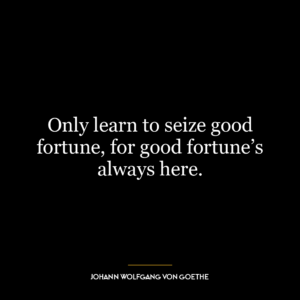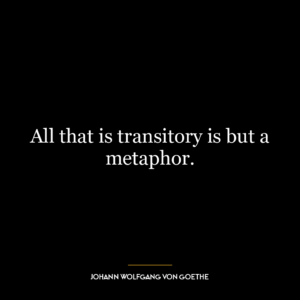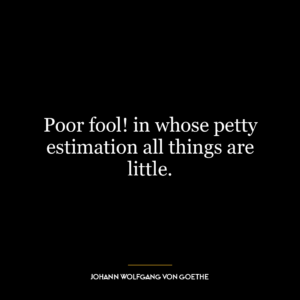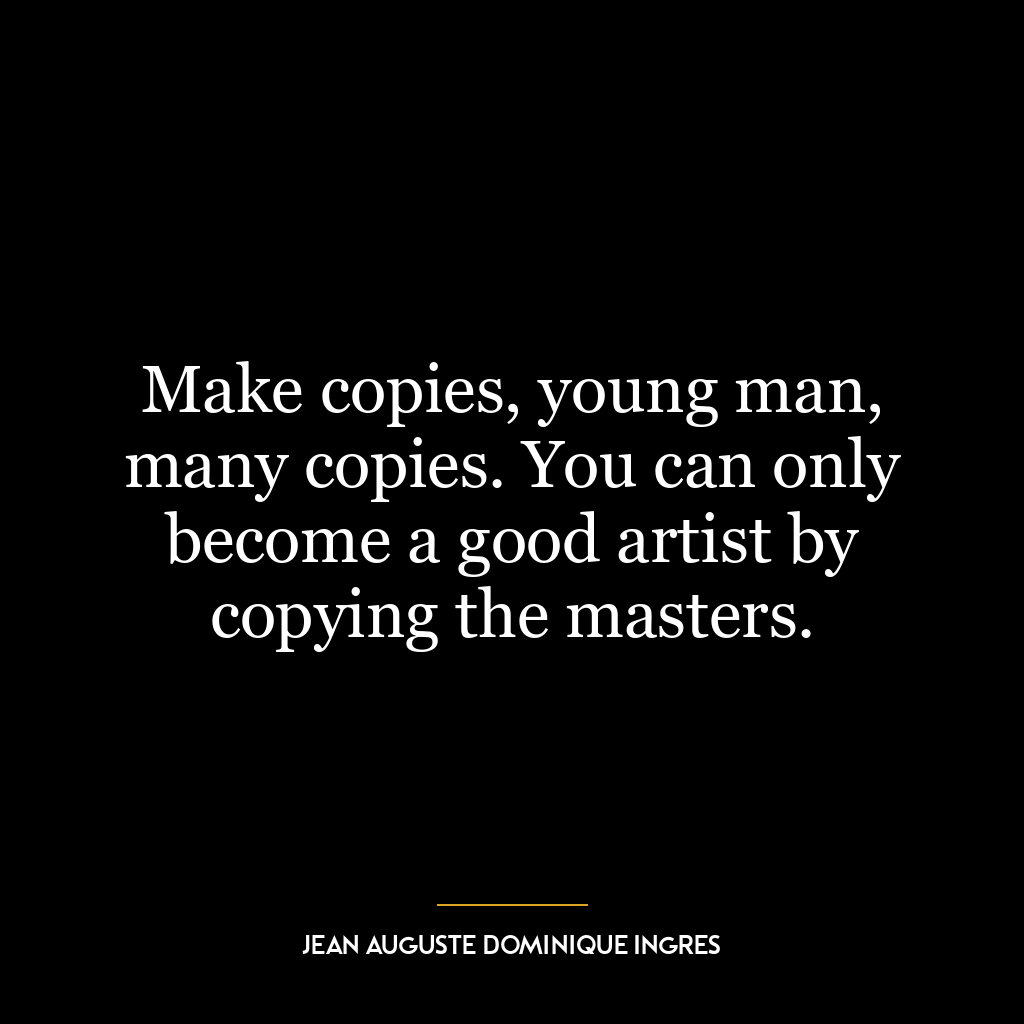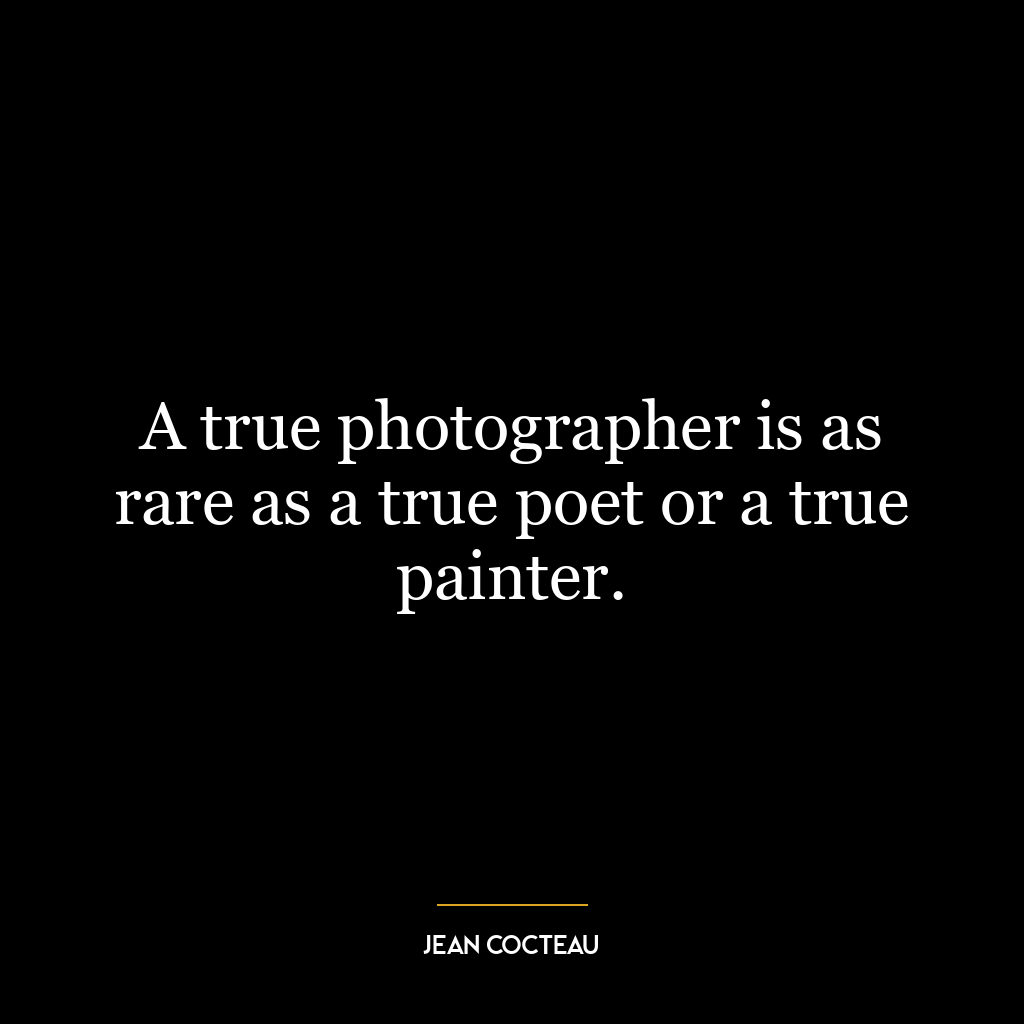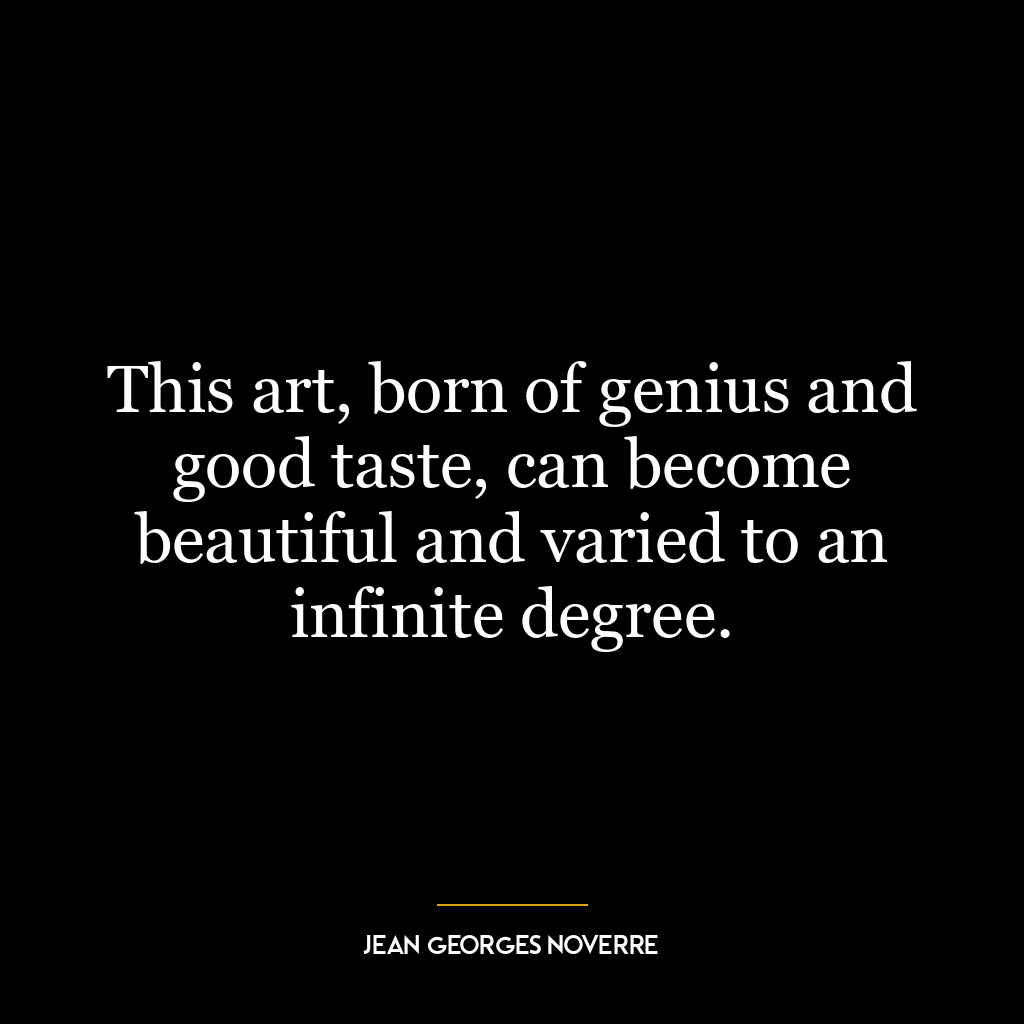This quote speaks to the human tendency to distract ourselves from our limitations or uncomfortable realities. The “prison-walls” symbolize constraints or difficult circumstances we find ourselves in. These could be physical, emotional, or societal restrictions. The “painting” represents our attempts to make these situations more tolerable or even enjoyable by creating illusions or distractions.
The “bright figures and brilliant landscapes” are the fantasies, dreams, or distractions we create to escape our reality. These could be anything from daydreaming about a better future, immersing ourselves in books or movies, or even creating an idealized version of ourselves on social media. We tend to fill our minds with these “paintings” to avoid confronting the harsh truths of our “prison.”
In today’s world, this quote is incredibly relevant. We often use technology as a tool to paint our prison walls. For instance, through social media, we create idealized versions of our lives, sharing only the best moments while hiding our struggles and insecurities. We distract ourselves with endless streams of entertainment and information, avoiding the discomfort of solitude or self-reflection.
In terms of personal development, it suggests the importance of facing our limitations and uncomfortable truths head-on, rather than distracting ourselves from them. While it’s natural to seek comfort and escape, true growth comes from acknowledging and addressing our constraints. It encourages us to replace our illusions with actionable steps towards improvement. It’s about transforming the prison walls, not just painting over them.





